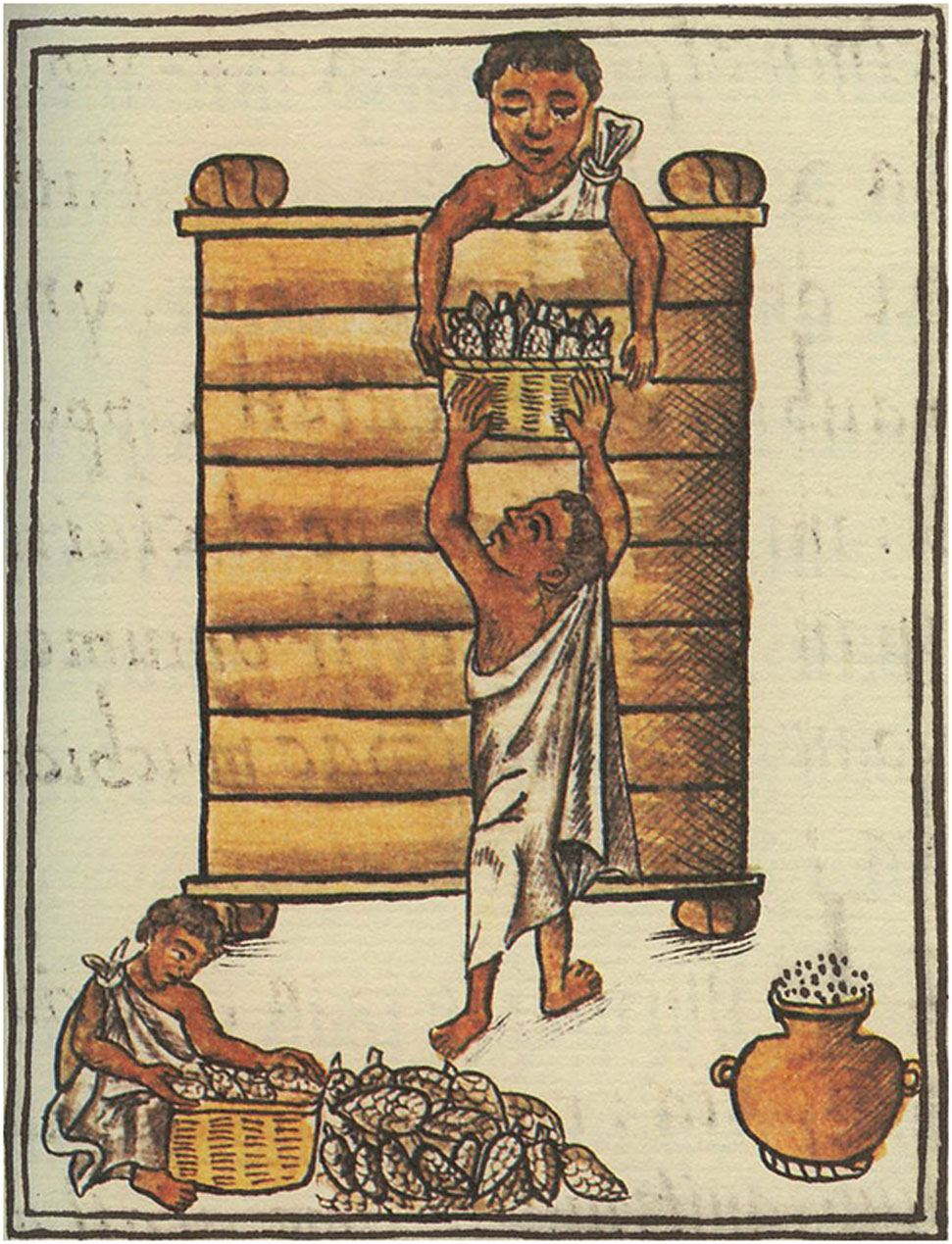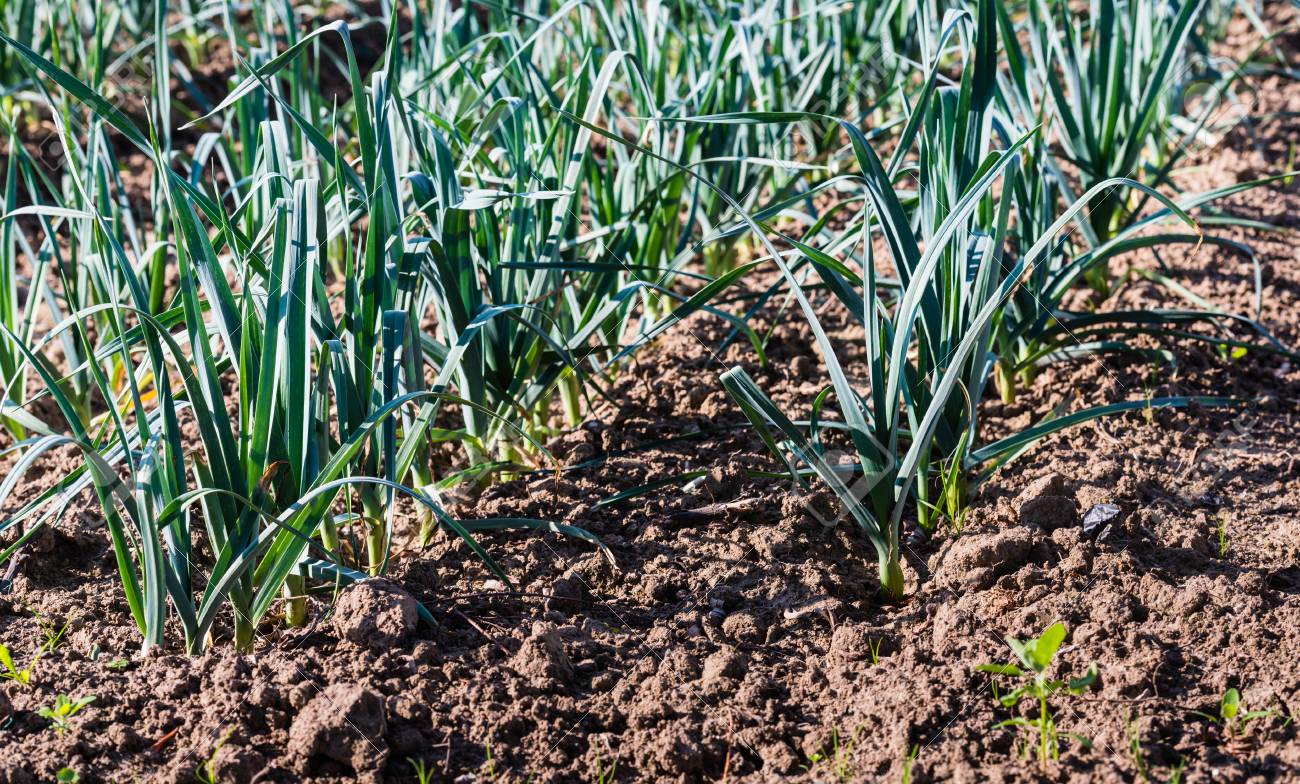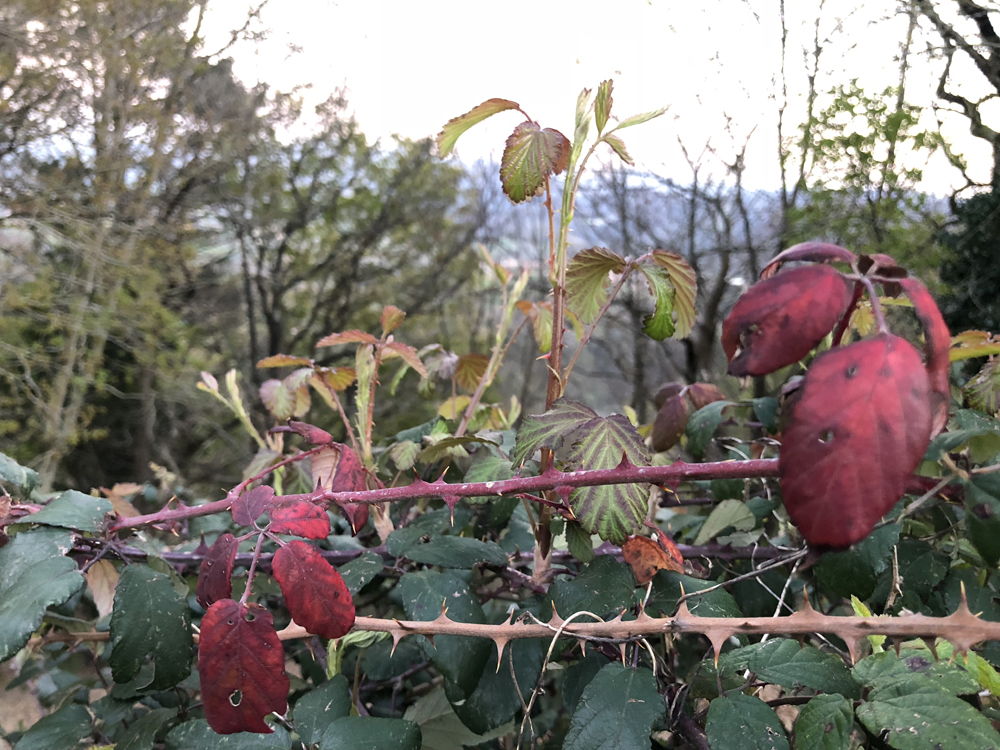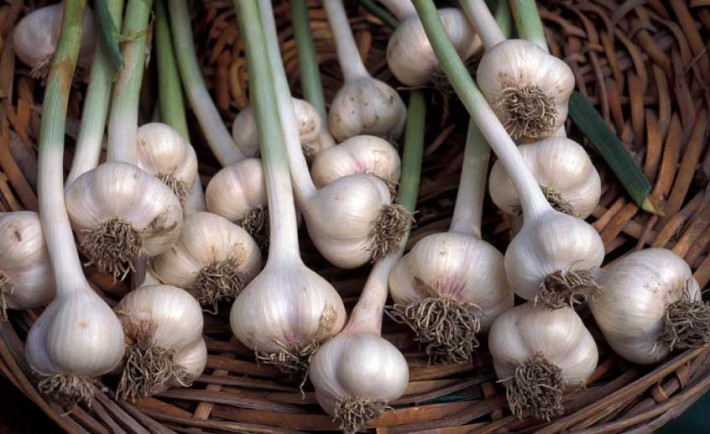Navarre Arabic
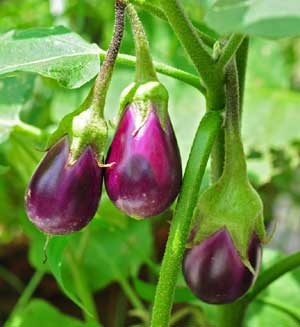
“The question opens the way,” says a t-shirt made last year by the friends of this magazine Argia. I wear myself often, especially every time I have to go see several people, usually people who are not friends. Next to me, I want someone who has a constant tendency to learn and who, because of the shame of putting a elbow in his pocket, looks forward.
That's how I go everywhere. In Lower Navarre yesterday, in Ainhize-Monjolos, together with the friends of the Chamber of Agriculture. There I met Manex, Manex Lanatua, carpenter of the house Xumilenea, forgotten poet of Ahatsa. 31 years ago Itxaro Borda, in the same Argia, said about his book Hegatz urratua: “We just got a delirium, both in terms of form and substance. [...] The essence is also the same way: it feels in these six poems, that a wind of freedom goes crazy to all the lines. He who was a pastor and is a baker could not do otherwise.” Artzain-ebanista-poet... One of those that you can constantly ask about your cultural landscape. An inexhaustible source of knowledge...
As soon as Manex told us that he is learning Arabic, we Basques focus on that language and culture. Like the shirt, we are talking about many words of Arab origin. Basque agriculture has learned a great deal from that of the Arabs. They brought to our meeting a lot of plants, their cultivation techniques and their ways of eating and sending.
One of the most beloved fruits of the Arabs is the eggplant of Solanum melong. There's more than one theory about the path taken by the plant and its names to get to us. The name, at least apparently, formed an elegant path of Euskaldunization: The Vatinjano of India, in the bay of Persia, in the Arab al-badinja, the alien of Catalan, the French aubergine and our alberjini. The other distinguished name of the same plant that Manex has taught me has already deviated from this path: “sea pear”. Has this plant come a different path of land to reach us? Does that name mean origin beyond the sea?
In the Basque Country, Atlantic Herria, to find out if the horticulturist is good, he wonders if the eggplant manages to give good or not. It is a good sign that it is not here and it is difficult to bear fruit.
Before being admitted to our markets, this migrant would have seen many incidents. Before giving the papers, for the poor state of health, how many stories and comedies we have had the Basques with this fruit! Now in all markets. In the fair that comes from the Arabic word to the suq.
It has small, hairy leaves on the bottom and extends the head between 20 and 40 cm. It's known as Bulgarian Viagra, Scarid Sideritis. It's a blue-like plant, because its hair gives it a bluish color. It lives in the rocky spots of the high mountains and everyone who has lived in... [+]
Euskal Herrian bertakotzat dugun baratzegintza eredua produktu historiko modernoa da guztiz. Oraintxe landatuak izango dituzten Ezpeletako, Ibarrako eta Gernikako piperrak; Tolosako babarrunak; Arabako patata; edo Duzunaritzeko arto gorria; guztiak dira 1492tik Amerikako... [+]
Datorren uztailean izango al dugu lanik? Izango al dugu labore uzta biltzeko lanik? Gure aldean, etorkizuna planifikatzeko eta antolatzeko gaitasun handia dute landareek; ia landare guztiek. Bere zikloa biziko den tokian gertatuko diren gorabeheretara egokitua izango da... [+]
Omitting all the fruits meted out,” the expression says. Mandio is a handful of apples, pumpkin and kiwi (Malus domestica, Cucurbita maxima and Actinidia chinensis). Many more will be maize (Zea mays); or beans (Phaseolus vulgaris); potato (Solanum tuberosum), onion (Allium... [+]
Do you have a vegetable garden? As a child, the two orchards I've met at home had a wall. One on the lap and the other on one side. A good use of the walls will make the garden have a great benefit. It will create a shelter: it will be placed in the right place to shade, or to... [+]
I should like to take this opportunity to comment on it to the reader: the longest days of the year have gone and the night has elongated and the daylight has begun to shorten. This will have terrible consequences on plants and let's avoid in nosotros.Este summer that we just... [+]
Make a hole with the planter and put the plant in. The grief guindillas (Capsicum annuum), which will heat up by the summer of this year, are already planted. Just to think about it, my teeth got sweaty.
In our town the river Oria becomes a curl, and in the people of the banks... [+]
From red, Rubus fruticosus and Rubus ulmifolius. In the red stem the new buds and leaves are red, although soon they will look green. In autumn, even when the cold burns your skin, the leaves will become red. Red in butter and red in old trash. Some say that the name of Rubus of... [+]
Most crops have been harvested. The end of the plant cycle is the germ that initiates the cycle of another new plant. When we replenish the harvest, we tend to collect fruits or seeds and eat from the two to warm up the winter. The plant has devoted enormous forces to the... [+]
Garlic, Allium sativum, is never missing in our kitchen. Dry heads hanging all year and new for the first six months. Garlic heads and grains are drifting away from home to the orchard, the time of sows. Also later, outside the planting season, garlic should go to the orchard... [+]
The garlic season is already here. Planting season of garlic. His harvest will be later, and he has to start working in the head. In the head, the garlic. But we don't all look for the garlic head. The garlic sown for greens is increasingly seen in orchards. Also in the orchards... [+]
I answer with a point, not of fear, but of respect and shame, more and more often, to whom I ask almost anything on plants. And that point is getting bigger and bigger.
In the evening, someone asked me when to sow the tomato (Solanum lycopersicum). I was willing to give way to... [+]











